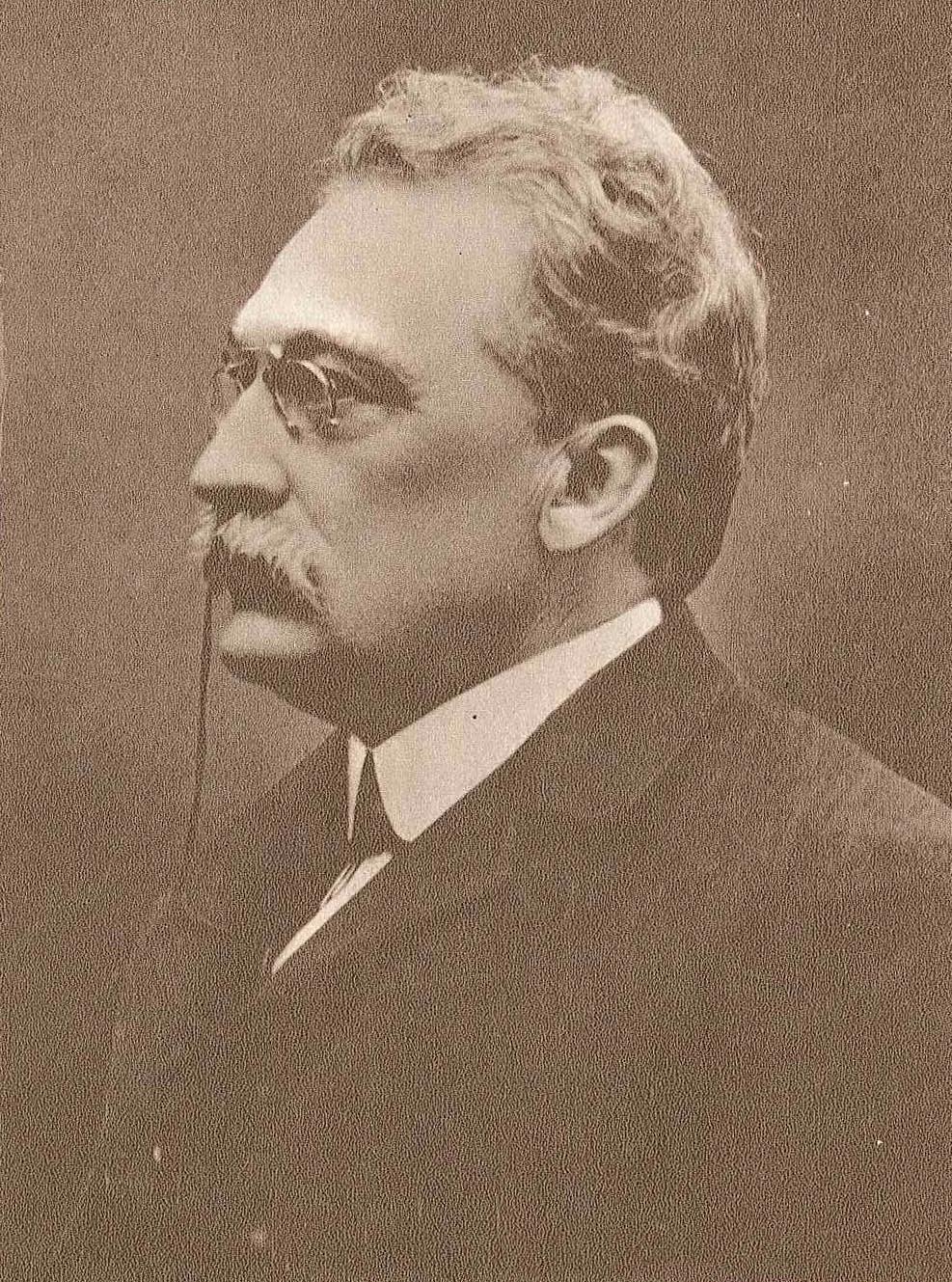I bought
this book mostly on a whim. Vitalis Norström (1856-1916) was a Swedish idealist
philosopher. I admit that I´m not presently particularly interested in
philosophy, and therefore find such expositions tedious. This book, “Radikalismen
ännu en gång”, published in 1903, is no exception. Norström, who is regarded as
a conservative thinker, was apparently embroiled in a private little
Kulturkampf with feminist Ellen Key, Social Democrat Hjalmar Branting and other
“radicals”. This book is, I think, his parting shot in that culture war. I
admit that I didn´t exert myself that hard trying to understand Dr Norström,
but here we go anyway…
Vitalis
Norström is said to be influenced by Kant, Fichte and Nietzsche. The Kantian
and Fichtean influences are obvious. There also seems to be an affinity to
Henri Bergson, but the French thinker is never mentioned by name. Perhaps
Norström simply expressed the same Zeitgeist. I assume he also studied Ernst
Mach. Norström´s main objection to “radicalism” is its atheism, since he
strongly believes that religion in general and Christianity in particular are
absolutely necessary for ethics, higher culture and progress (for a conservative
thinker, Norström sounds very “Faustian”). He also rejects collectivism in
favor of individualism, or rather the individual self-assertion of charismatic
geniuses and prophets, who then move the masses along. The religious experience
is intensely personal, and so is love, its main ingredient. Love binds together
individuals to a societal whole, but its origins are personal (or rather
divine, but mediated through the person).
Norström
doesn´t believe that God´s existence can be proven, either empirically or
philosophically (i.e. by abstract philosophical arguments). So why believe in
him anyway? As an idealist, Norström holds that “reality” is created by our
consciousness. He never says so, but I get the impression that he sees reality
as a kind of collective representation. (This seems to contradict his
anti-collectivism, though.) Since God is found in our consciousness, he must be
real – or at least as “real” as everything else we experience, including the
material universe. The fact that we *need* God is for Norström a strong
argument in favor of his existence. To Norström, the constituent part of
consciousness is will, not abstract intellectual reasoning. Since we will God,
God as a product of “practical reason” or “life” must be real. Life stands above
the abstruse treatises of the metaphysicians or the attempts by scientists to
reduce everything to matter. At other times, Norström comes close to arguing
that the main evidence for God is a kind of mystical experience, but he never
actually uses the term “mysticism”. There is very little humans can really
know, being suspended in between a vast subconscious and an equally vast
supra-consciousness, both creating limits to our knowledge. However, these
limits in themselves show that there must be something behind them!
Some of
Norström´s arguments for religion are pretty basic, as when he argues that an
objective moral standard can´t be based on evolutionary thinking, since both
good and bad impulses are products of evolution. Only an outside force can make
humans consistently turn to the good side by an exertion of will-power, and
this outside force must therefore be of a spiritual nature. Evolution by itself
simply leads to a never-ending conflict between the good and the bad. While
Norström views Christianity as a collection of symbols which can´t really be
interpreted literally, he nevertheless wants to defend Christianity (as already
noted) since it seems to him the best religion, due to its emphasis on love and
the inviolability of the person. As far as I can tell, Christianity is the only
religion he mentions by name in the entire book! If Christian theologians
wanted his help, is perhaps another matter entirely – Christianity, after all,
claims to be about really real things, not a mysterious Something-Out-There
which our consciousness turns into a (symbolic) God-image cuz practical reason
or something.
As for the
Swedish people, they eventually made Hjalmar Branting Prime Minister. I suppose
they willed bread and collective bargaining instead of Fichtean-Nietzschean
symbols of Infinity.
Probably
just as well. While it may be true that man can´t leave on bread alone, he sure
as hell can´t survive without it!

No comments:
Post a Comment